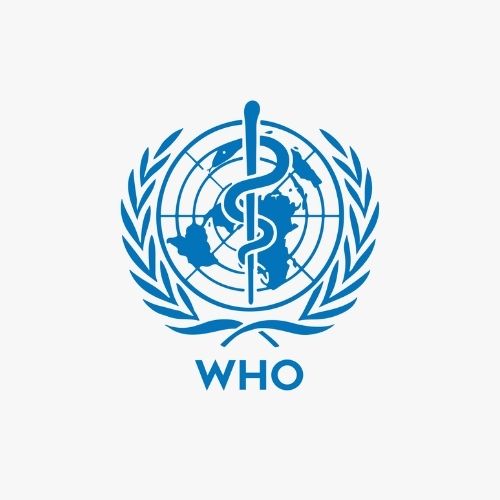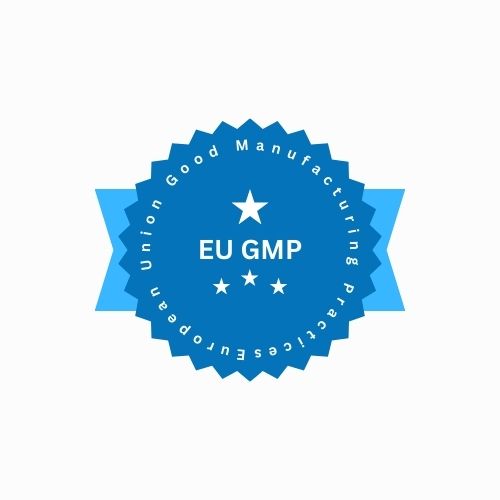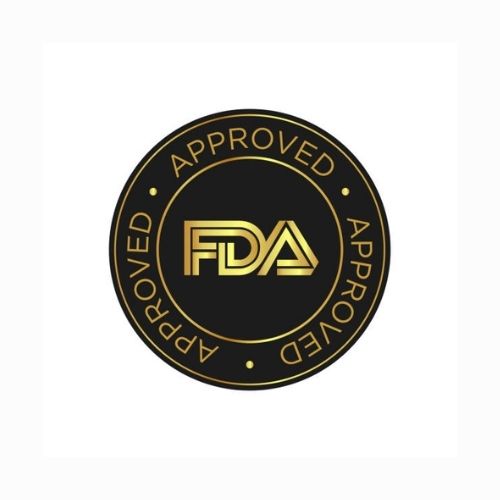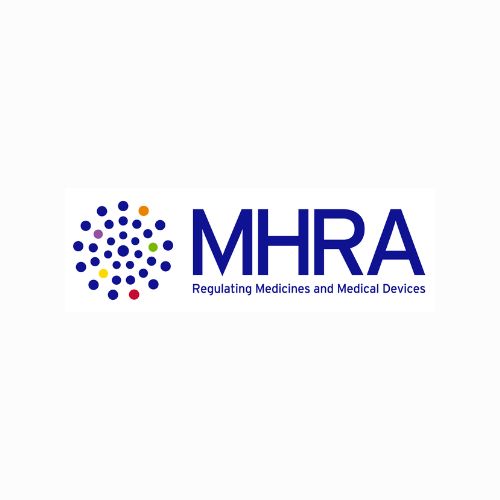Business Contract Writing
Safeguard yourself with Pharmaways Port Professional Contract Writing

Effective contracts foster trust, mitigate risks, and facilitate success
Pharmaceutical business contract writing is a meticulous process crucial for safeguarding the interests of all parties involved in drug development, manufacturing, distribution, and marketing. These contracts delineate the rights, responsibilities, and obligations of each party, covering aspects such as intellectual property rights, confidentiality, quality standards, pricing, payment terms, and dispute resolution mechanisms. Due to the complex regulatory landscape and high-stakes nature of the pharmaceutical industry, contracts must be drafted with precision to ensure compliance with local and international laws and regulations.
Expertise in pharmaceutical contract writing demands a deep understanding of industry-specific terminology, legal frameworks, and evolving market dynamics. Effective contracts foster trust, mitigate risks, and facilitate successful collaborations, driving innovation and advancing healthcare worldwide.
Challenges Faced By Pharma Manufactures when drafting business contracts
Pharmaceutical manufacturers face various challenges when drafting business contracts, especially considering the highly regulated and complex nature of the industry. Here are some common challenges they may encounter:
Regulatory Compliance
Compliance with regulatory requirements is paramount in the pharmaceutical industry. Ensuring that the contract aligns with all applicable laws and regulations, such as those related to manufacturing standards, labeling, advertising, and intellectual property rights, can be a significant challenge.
Intellectual Property Protection
Protecting intellectual property (IP) rights is crucial for pharmaceutical manufacturers, particularly when entering into agreements involving research and development, technology transfer, or licensing. Negotiating terms that adequately safeguard proprietary information and inventions while still allowing for collaboration can be intricate.
Risk Management
Identifying and mitigating risks associated with the contract is essential. This includes risks related to product liability, regulatory changes, supply chain disruptions, quality control issues, and adverse events. Balancing risk allocation between parties and drafting comprehensive indemnification and liability clauses is crucial.
Quality Standards and Product Specifications
Ensuring that the contract accurately reflects the quality standards and specifications for the products or services involved is vital. Discrepancies or ambiguities in these aspects can lead to disputes and non-compliance issues down the line.
Negotiation with Counterparties
Negotiating favorable terms with counterparties while maintaining positive relationships can be challenging. Pharmaceutical manufacturers often deal with large multinational corporations, distributors, suppliers, or research institutions, each with its own set of priorities and bargaining power.
Supply Chain Management
Contracts often involve multiple stakeholders within the supply chain, including suppliers of raw materials, contract manufacturing organizations (CMOs), logistics providers, and distributors. Coordinating and aligning the interests of these parties while ensuring continuity of supply can pose logistical and contractual challenges.
Data Privacy and Security
With the increasing digitization of healthcare data and the adoption of digital health solutions, protecting sensitive patient information and complying with data privacy regulations (e.g., GDPR, HIPAA) is critical. Ensuring that contracts include appropriate data protection clauses and cybersecurity measures is essential.
Globalization and International Trade
Pharmaceutical manufacturers operating globally must navigate various legal and cultural differences when drafting contracts across jurisdictions. Understanding local laws, customs, import/export regulations, and international trade agreements is crucial to ensure compliance and mitigate risks.
Addressing these challenges requires careful planning, legal expertise, and collaboration between legal, regulatory, compliance, and business development teams within the pharmaceutical organization. Additionally, seeking guidance from experienced legal counsel specializing in pharmaceutical law can help mitigate risks and ensure that contracts meet industry standards and regulatory requirements.
FAQs
What regulatory considerations must pharmaceutical manufacturers address when drafting business contracts?
Pharmaceutical manufacturers must ensure compliance with various regulations governing product manufacturing, labeling, advertising, and distribution. Additionally, they must adhere to laws related to intellectual property rights, clinical trials, data privacy, and quality standards.
How do pharmaceutical manufacturers protect their intellectual property rights in business contracts?
Pharmaceutical manufacturers employ various strategies, such as non-disclosure agreements (NDAs), patents, trademarks, and licensing agreements, to safeguard their intellectual property. When drafting contracts, they negotiate terms that protect proprietary information, inventions, and technology while facilitating collaboration and knowledge transfer.
What are the key risk management considerations for pharmaceutical manufacturers in contract drafting?
Pharmaceutical manufacturers must identify and mitigate risks related to product liability, regulatory compliance, supply chain disruptions, quality control issues, and adverse events. They address these risks through comprehensive indemnification and liability clauses, insurance coverage, and risk-sharing arrangements with counterparties.
How do pharmaceutical manufacturers navigate complex supply chain dynamics in contract drafting?
Pharmaceutical manufacturers manage relationships with various stakeholders in the supply chain, including raw material suppliers, contract manufacturing organizations (CMOs), logistics providers, and distributors. When drafting contracts, they negotiate terms that ensure continuity of supply, quality control, and regulatory compliance while addressing logistical challenges and aligning the interests of all parties.
What are the international considerations for pharmaceutical manufacturers when drafting business contracts?
Pharmaceutical manufacturers operating globally must navigate diverse legal, regulatory, and cultural landscapes. They address international trade agreements, import/export regulations, and local laws governing product registration, distribution, and marketing. Additionally, they ensure compliance with data privacy regulations and adapt contracts to reflect jurisdiction-specific requirements and customs.
Safeguard yourself with Pharmaways Port Professional Contract Writing
Protect your pharmaceutical business with Pharmaways Port’s expert contract writing services. Navigate complex regulatory requirements, safeguard intellectual property, and mitigate risks effectively. Ensure compliance, secure partnerships, and optimize supply chain agreements with our tailored solutions. Trust Pharmaways Port for comprehensive contract drafting and unparalleled industry expertise.
Recognitions




Let’s work together in contributing to global healthcare advancement.
Send us your queries pertaining to pharma products or services and one of Pharmaways Port executive will get in touch you.